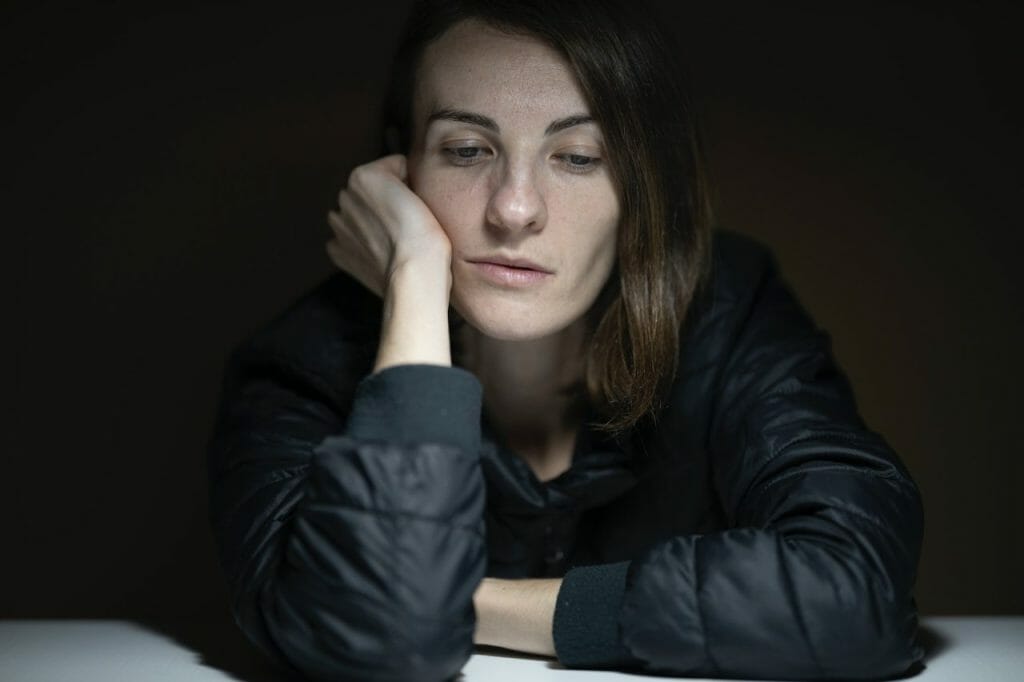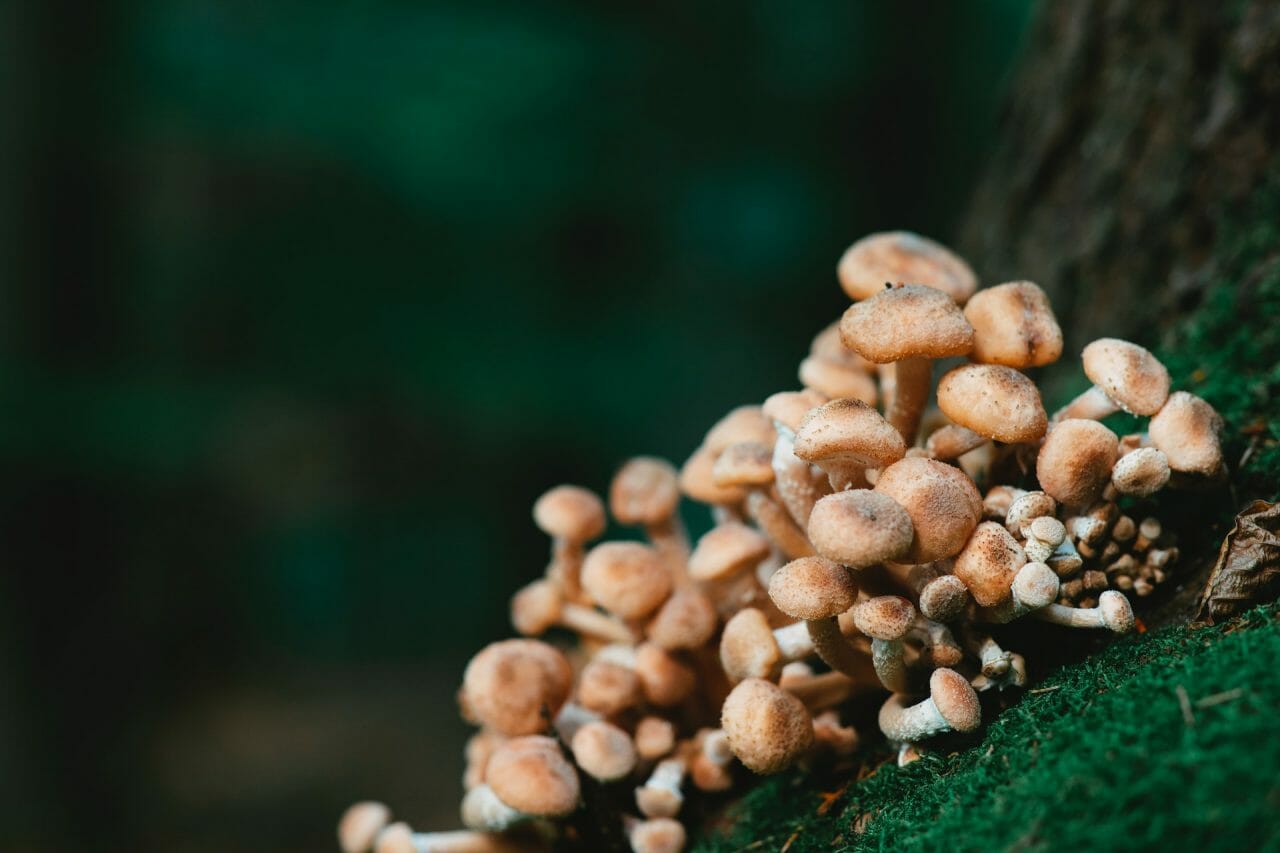The World Health Organization (WHO) has stated that over 264 million people worldwide are affected by depression.
Although conventional treatments can prove beneficial, they often fail to fully address the complex nature of depression. This issue has led to an interest in alternative therapeutic methods. One increasingly popular alternative involves the use of mushrooms containing psilocybin, obtained from a mushroom dispensary, as a method of treating depression.
We will delve into the world of mushroom dispensaries, their role in treating depression, and the compelling data that underline their potential to revolutionize our approach to this pressing global mental health concern.
Key Takeaways:
- Mushroom dispensaries offer an alternative treatment for depression via the use of psilocybin-rich mushrooms.
- Research suggests that psilocybin can result in significant long-term reductions in depressive symptoms.
- Psilocybin therapy is emerging as a trend that’s reshaping the mental health care landscape.

Understanding Psilocybin and its Therapeutic Potential
Psilocybin is a natural compound found in certain mushroom species, often referred to as “magic mushrooms.” When ingested, the body converts psilocybin into psilocin, which interacts with the brain’s serotonin receptors. This interaction induces significant changes in perception, mood, and consciousness, commonly associated with the use of psilocybin.
Research into psilocybin’s potential as a treatment for depression has yielded significant findings. Clinical trials and studies indicate that a single, carefully administered dose of psilocybin can lead to significant reductions in depressive symptoms. Patients have experienced profound and long-lasting improvement in their mental health and overall quality of life.
These findings have fueled increased interest and investment in studying psilocybin as a unique treatment option for depression, especially for individuals who have not found relief with traditional methods.
Encouraging Results for Depression Treatment Using Magic Mushrooms
Dispensaries
Magic mushrooms, or psilocybin-containing mushrooms, are gaining recognition for their potential to alleviate depression symptoms. In this article, we will explore various types of magic mushrooms and their potential impact on depression.
| Magic Mushroom Type | Description | Potential Depression Benefits |
| Golden Teacher | A widely used psilocybin mushroom characterized by its golden cap. | It could reduce symptoms of depression and improve emotional wellness. This type may foster introspection and self-reflection, potentially helping individuals gain new insights into their depression. Some users describe feelings of unity and interconnectedness, which may help counter the sense of isolation often associated with depression. |
| Psilocybe Cubensis | One of the most common species of magic mushrooms. | It has been observed to stimulate positive mood changes and perspective shifts. It may enhance emotional processing and help individuals address the root causes of their depression. Its ability to induce an altered state of consciousness could allow users to break free from restrictive thought patterns and develop a more optimistic outlook. |
| B+ | Notable for its large, bulbous fruiting bodies. | It may significantly reduce depressive symptoms and have lasting effects. Users often report gaining a clearer understanding of their emotions and overall life circumstances. The therapeutic journey could aid in releasing suppressed emotions and trauma, thereby providing relief from depression. |
| Liberty Cap | Small, conical mushrooms found in various regions. | Known to produce intense emotional experiences that may have a positive impact on depression. Users of Liberty Cap often experience heightened sensitivity and empathy, which could foster emotional healing and connection. The immersive and profound nature of the psychedelic journey might help individuals understand the root causes of their depression. |
| Penis Envy | Identifiable by its distinct, phallic-like shape. | Associated with deep insights and changes in depressive thought patterns. Users frequently report experiencing ego dissolution, which allows them to confront their depression without the constraints of their usual identity. The intensity of the experience may lead to therapeutic breakthroughs, resulting in long-term improvements in mental health. |
| Blue Meanie | A potent strain identifiable by its bluish | This hue is often associated with a sense of calm and relaxation, potentially soothing symptoms of anxiety and depression. Many people have reported experiencing inner peace and emotional release during their encounters with Blue Meanie, which could potentially promote mental health. With its mild yet thoughtful characteristics, this strain may be particularly suitable for those seeking a less overwhelming psychedelic experience for therapeutic purposes. |
The Role of Magic Mushroom Dispensaries in Treating Depression
Magic mushroom dispensaries, also known as stores, play a key part in depression treatment by providing a supervised and regulated environment for those in search of potential therapeutic solutions.
The Responsibility of Health Canada
In Canada, Health Canada takes on the responsibility as the national authority ensuring the safety, effectiveness, and quality of therapeutic products, including the psilocybin found in magic mushrooms.
Approving Therapeutic Products
Recently, Health Canada has started to issue exemptions and approvals for the use of psilocybin in specific clinical and research contexts for certain medical conditions, including depression. This shift in policy represents a growing recognition of the potential therapeutic uses of psilocybin.
Potential Therapeutic Uses
Magic mushroom stores present a potentially innovative and promising therapeutic option for those battling depression. With the right authorization and under certain conditions, individuals can utilize psilocybin therapy to alleviate depression symptoms.
Providing a Regulated and Supervised Environment
Magic mushroom dispensaries provide a regulated and supervised environment for those interested in psilocybin therapy, ensuring the process is conducted safely under the guidance of experienced professionals.
Compliance with Health Canada’s Regulations
Dispensaries must adhere to Health Canada’s rules and guidelines when providing psilocybin-based products for therapeutic uses. They play an essential role in assuring compliance and ensuring therapy is delivered responsibly and ethically.
Navigating Psilocybin Therapy at a Mushroom Shop
Undertaking psilocybin therapy at a mushroom shop can potentially be a transformative and beneficial experience. However, it’s essential to ensure you approach this responsibly and with due diligence. Here are some recommendations on how to navigate this process:
- Conduct In-depth Research: Begin by undertaking an extensive investigation into psilocybin therapy and the specific mushroom store you’re considering.
- Seek Professional Guidance: Before contemplating psilocybin therapy, consult with a mental health professional or therapist who specializes in psychedelic-assisted treatments. They can assess your suitability for such therapy and provide invaluable guidance.
- Choose a Trustworthy Store: Look for customer reviews, endorsements, and evidence of compliance with local regulations.
- Understand the Process: Familiarize yourself with the entire therapy process, from preparation and the psychedelic journey to after-experience integration. Knowing what to expect can reduce anxiety and enhance therapy outcomes.
- Prepare Mentally and Emotionally: Prepare yourself mentally and emotionally for the experience. Set clear intentions for your therapy session, and be ready to confront any difficult emotions or thoughts that may arise.
- Ensure a Safe Environment: Make sure that the mushroom store provides a secure and comfortable environment for your therapy session. This should include appropriate lighting, music, and the presence of trained facilitators to assist you if needed.
- Follow Dosage Guidelines: Adhere to the recommended dosages provided by the mushroom store or your healthcare provider. Avoid self-dosing or taking unknown substances, as this could be dangerous.
Conclusion
Mushroom stores offering psilocybin therapy have emerged as a promising alternative for treating depression. Despite the diverse legal and regulatory landscapes of these stores, a growing body of research and personal experiences highlight their potential to alleviate depressive symptoms and provide individuals with new perspectives on their mental health.
As the field of psychedelic-assisted therapy continues to grow, the role that mushroom stores play in revolutionizing depression treatment offers hope to those seeking novel mental health solutions.
Frequently Asked Questions
What is the best way to find a reliable mushroom dispensary for depression treatment?
To find a reliable mushroom dispensary, thorough research is crucial. Look for stores that follow local regulations and safety procedures. Consult with
When searching for a reputable dispensary, it’s crucial to consult with knowledgeable healthcare professionals or individuals who have had favorable experiences with psilocybin therapy. Look into the dispensary’s credibility by examining the qualifications of their facilitators and their adherence to ethical standards.
How long do the therapeutic effects of psilocybin therapy last in the treatment of depression?
The therapeutic benefits of psilocybin therapy can vary from person to person. Some may experience immediate relief, while others may notice gradual improvements. Research indicates that the benefits can last for several weeks to months following a single session. That said, the duration of these effects can also be influenced by post-therapy integration and ongoing support.
Is psilocybin therapy sufficient as a standalone treatment for depression, or should it be combined with other therapies?
Typically, psilocybin therapy is incorporated into a comprehensive treatment plan for depression. It’s often combined with conventional therapies such as psychotherapy, counselling, or medication to enhance its efficacy. The choice of treatment modalities should be personalized according to individual needs and guided by the recommendations of healthcare professionals.
What other forms of magic mushroom products can be used for treating depression?
In addition to standard magic mushrooms, other forms of magic mushroom products suitable for treating depression include psilocybin microdosing capsules, psilocybin-infused edibles like chocolates or gummies, liquid extracts or tinctures, and psilocybin nasal sprays. These alternative methods of psilocybin administration offer a diverse range of dosing options, including precise microdosing for subtle mood enhancement.
Suggested Reading:





